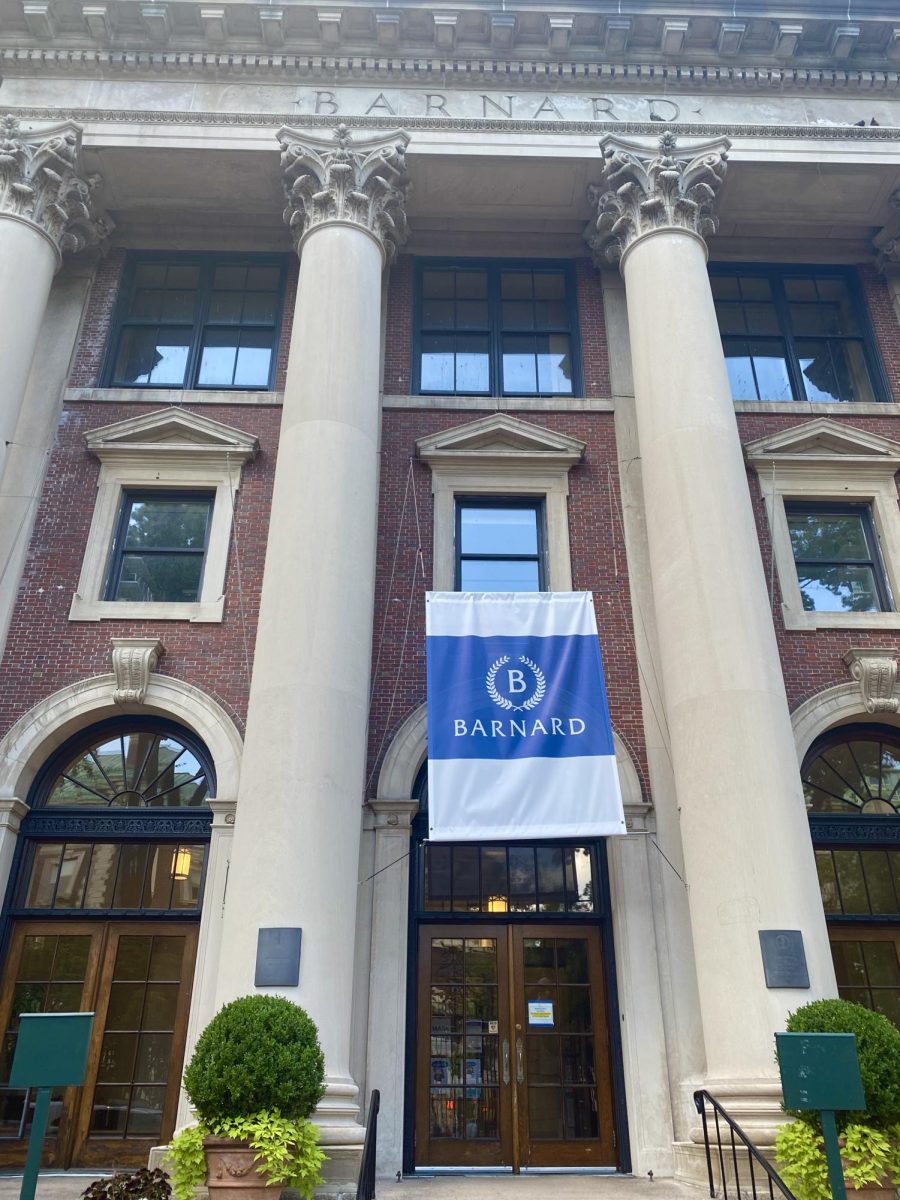In the past few months, rhetoric about the Israel-Palestine conflict in Gaza has been at an all-time high. This is especially reflected on college campuses, whether it be through acts of protest or advocacy groups. It is critical that universities actively work to encourage free expression of thoughts and beliefs on their campuses while also suppressing hate speech. Of course, this is a difficult task, but they must make sure that pro-Palestine rhetoric can be spoken freely without becoming antisemitic or harmful to Jewish students on campus.
Columbia University and Barnard College both faced a lawsuit on this Wednesday from five Jewish students and two organizations. They have sued under Title VI of the Civil Rights Act of 1964 for neglecting antisemitism on campus. Jewish students at Columbia have felt discriminated against and unsafe in their classes, communal spaces and social media, especially since Oct. 7, 2023. This legal action highlights the importance of addressing instances of discrimination and prejudice while navigating policies related to political expression. Amidst these legal developments, it is important to emphasize that advocating for the pro-Palestine stance does not condone the important allegations of antisemitism at Columbia University and Barnard College. The lawsuit shows the undeniable responsibility institutions have to address discrimination in all its forms, in order to foster an environment where every single student, regardless of their background, is able to feel secure and supported. Striking a balance between safeguarding free expression and actively confronting acts of antisemitism is paramount in creating an inclusive and safe academic space that encourages respectful dialogue and understanding amongst diverse perspectives.
As a result of this lawsuit, Barnard College made the decision to mandate the removal of student-decorated room doors, specifically in response to pro-Palestine signs and stickers. This has raised questions about the appropriateness of such a measure. The suppression of peaceful speech and expression, whether in the form of pro-Palestine acts or expressions or any other political discourse, poses a danger to the fundamental principles of academic freedom and democratic values. Universities should champion an atmosphere where diverse opinions are celebrated. The silencing of pro-Palestinian voices through door decoration bans risks stifling constructive and important dialogue, hindering the free exchange of ideas crucial for fostering critical thinking and awareness. Given the severity of the Israel-Palestine conflict, this is not a matter to be taken lightly. While it is extremely important to make sure Jewish communities on campus feel safe and protected, it is also imperative to give others, specifically the Palestinian community, a place to feel seen and heard. As long as pro-Palestine rhetoric does not become antisemitic or harmful to others, it should not be suppressed, as that is a violation of freedom of speech.
Barnard also took other methods of restricting pro-Palestinian expressions on their campus. For example, the administration removed a statement in support of the people of Palestine from the website of the women’s, gender and sexuality studies department. By eliminating a platform that could have provided valuable insights into the Palestinian struggle, the administration risks hindering student’s ability to engage critically with complex geopolitical issues and stifles opportunities for open dialogue. This move also carries the risk of marginalizing Palestinian students on campus and minimizing their important experiences.
Universities have a responsibility to provide an inclusive environment where all students feel valued, regardless of their backgrounds or perspectives. The removal of a platform that speaks to the Palestinian view could inadvertently convey a message of neglect, making Palestinian students feel as though their struggles are not acknowledged or supported by their academic institution. Recently, some pro-Palestine protestors from Columbia and Barnard were sprayed with a foul-smelling chemicals during a peaceful demonstration. This incident is deeply concerning and raises questions about the level of pushback faced by student activists. Such acts, regardless of the perpetrator’s identity, are unsettling and should be unequivocally condemned.
Student activism, especially on issues as complex and sensitive as the Israel-Palestine conflict, has been an integral part of the university experience. However, the use of force or intimidation against these student activists crosses a line that contradicts the principles of free speech and peaceful assembly. Engaging in peaceful protests is a fundamental right that should be protected within the academic space. Universities should be spaces that encourage diverse perspectives, where students can engage in open dialogue without fearing for their own safety. It is crucial for the academic community to come together and condemn any form of violence against student activists.
In the midst of escalating tensions and legal actions surrounding the recent news of the Israel-Palestine conflict, university campuses have become battlegrounds for free expression and advocacy. While it is crucial to address instances of antisemitism and discrimination, all universities must tread carefully to ensure that pro-Palestine rhetoric can be freely spoken without transgressing into hate speech. The decision made by Barnard to mandate the removal of measures like student-decorated doors and other measures to restrict and prevent pro-Palestinian expressions raise serious concerns about stifling academic discourse. It is essential to strike a balance between fostering an inclusive and safe environment, acknowledging the Palestinian narrative and ensuring that free speech remains an unwavering cornerstone of academic life. The severity of the Israel-Palestine conflict demands a nuanced approach that respects the rights and perspectives of all students, encouraging an atmosphere where understanding, empathy and respectful dialogue for all sides can thrive.
Laila Sayegh, FCRH ’27, is a political science major from Congers, N.Y.










































































































































































































